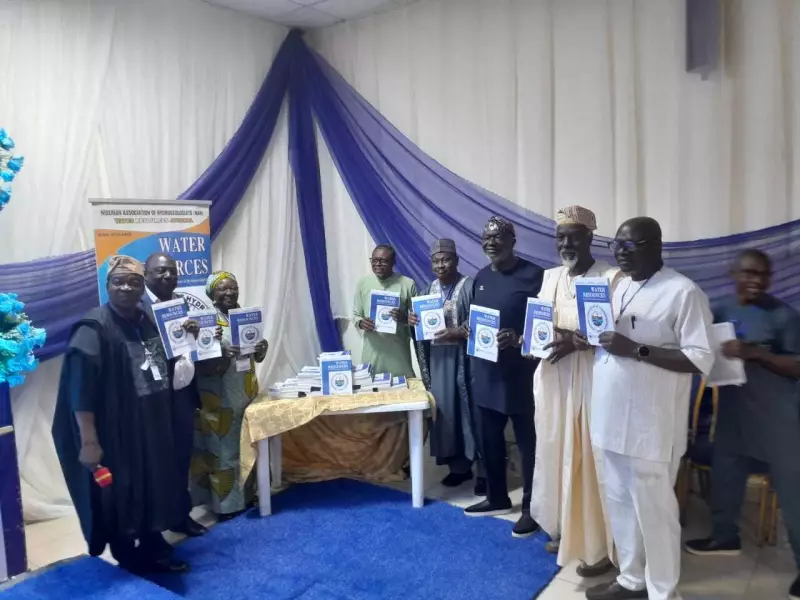
Nigerians might be heading toward a severe water crisis if urgent steps aren't taken to completely overhaul the country's water governance framework, leading experts have warned.
Prominent water professionals and environmental specialists are raising red flags about the deteriorating state of Nigeria's water management systems. They emphasize that the current fragmented approach to water governance is no longer sustainable and requires immediate intervention.
The Growing Threat to National Water Security
According to water sector analysts, Nigeria's water challenges are multiplying at an alarming rate. From inadequate infrastructure to poor management practices, multiple factors are converging to create what could become a national emergency.
"We're sitting on a time bomb," one expert noted during recent discussions. "The signs are everywhere - from communities struggling to access clean water to agricultural sectors facing irrigation challenges."
Key Areas Requiring Immediate Attention
Experts have identified several critical areas that demand urgent reform:
- Policy Integration: Creating cohesive water policies that work across different government levels
- Infrastructure Investment: Modernizing aging water systems and treatment facilities
- Regulatory Framework: Establishing clear accountability and enforcement mechanisms
- Community Engagement: Involving local communities in water management decisions
- Sustainable Practices: Implementing conservation measures and pollution controls
The Human Impact of Water Governance Failures
The consequences of inadequate water governance are already being felt across Nigeria. Many households face daily challenges accessing clean, safe water for drinking and sanitation. The agricultural sector, which relies heavily on consistent water supply, is particularly vulnerable to these governance gaps.
Water professionals stress that the situation disproportionately affects women and children, who often bear the burden of water collection in areas with limited access.
A Call to Action
The expert community is urging government at all levels to prioritize water governance reform. They recommend establishing a comprehensive national water strategy that addresses both immediate needs and long-term sustainability.
"This isn't just about fixing pipes or building new treatment plants," emphasized one water management specialist. "It's about creating a system that ensures every Nigerian has reliable access to clean water, now and in the future."
As climate change intensifies and population growth continues, experts warn that the window for preventive action is closing rapidly. They're calling for immediate collaboration between government agencies, private sector stakeholders, and local communities to build a resilient water future for Nigeria.





